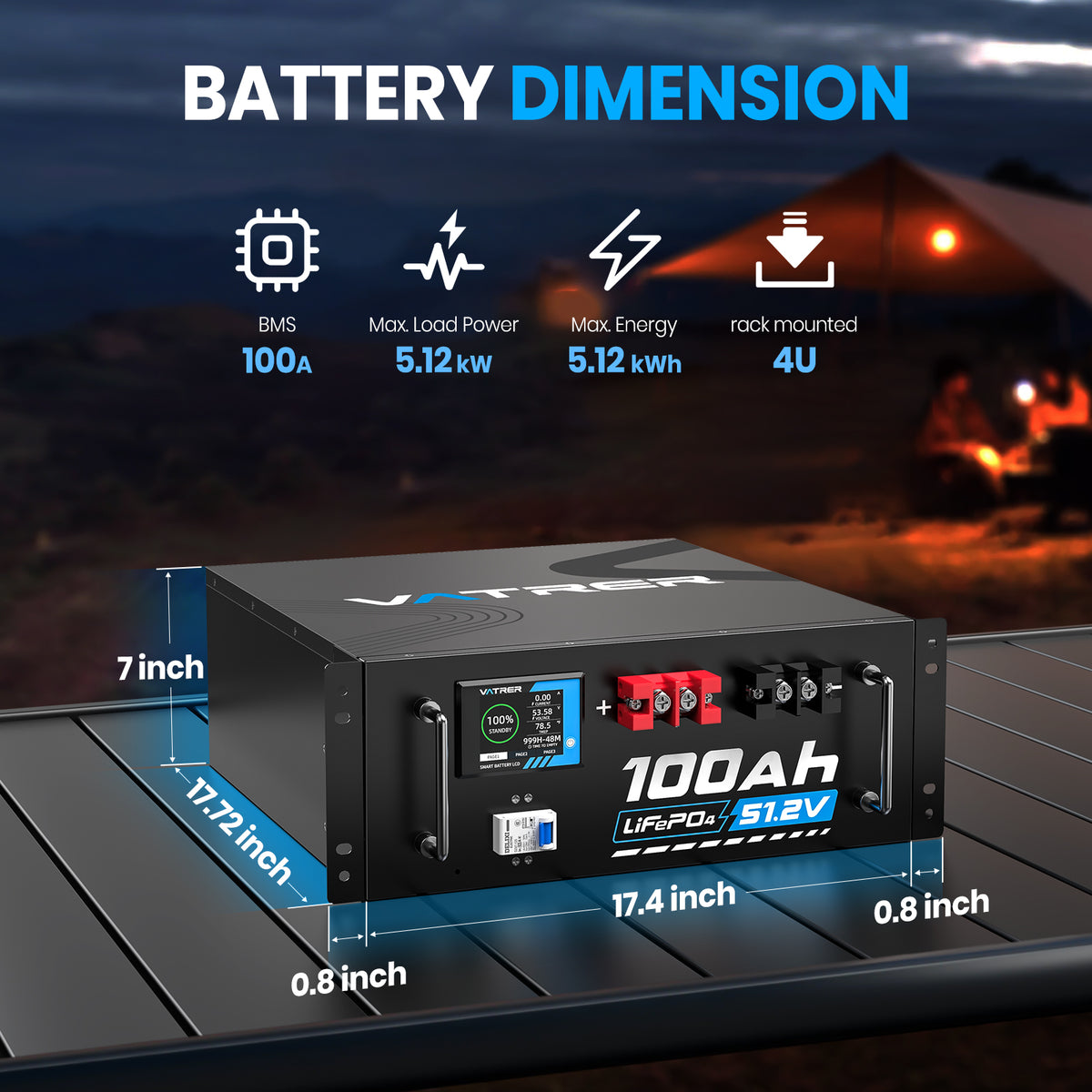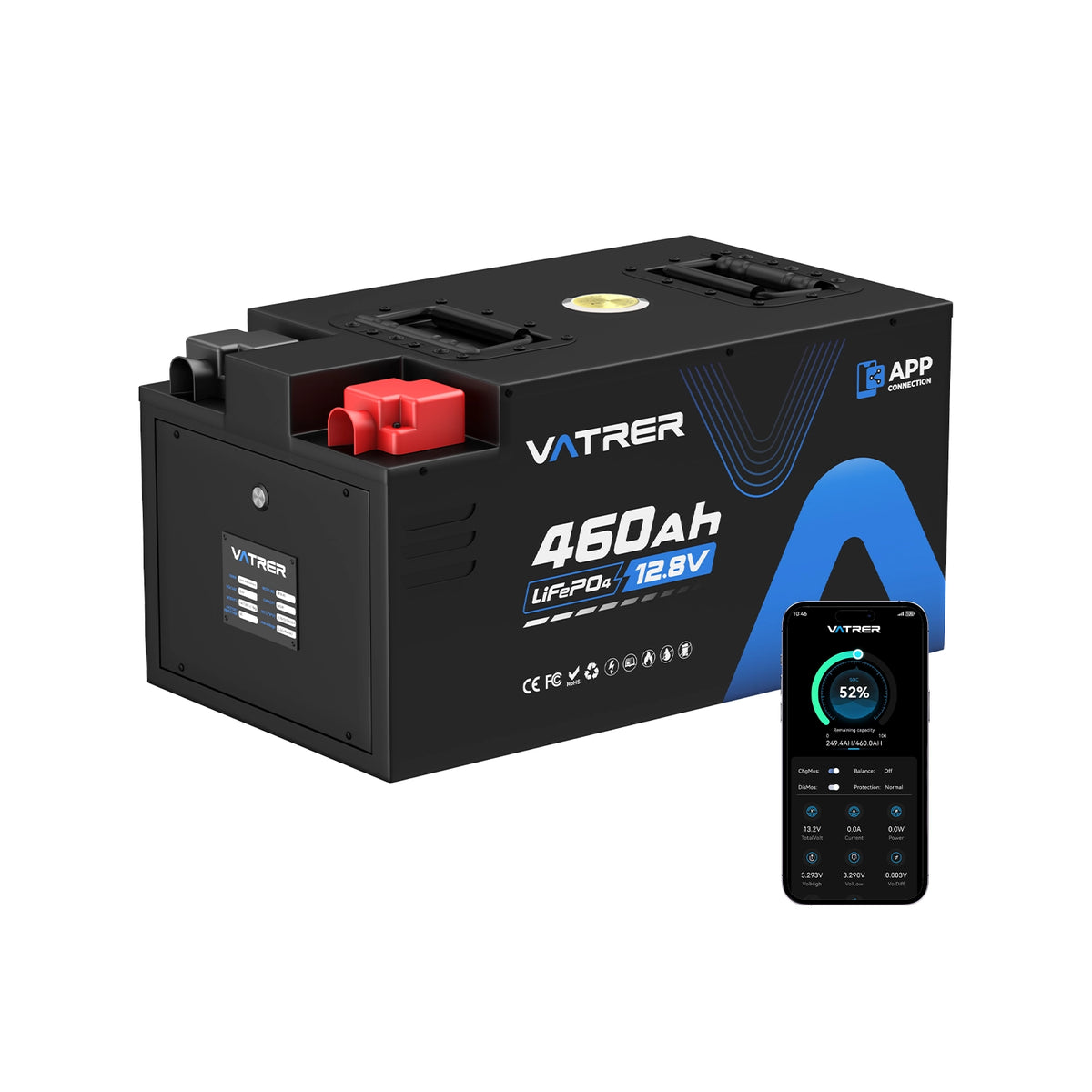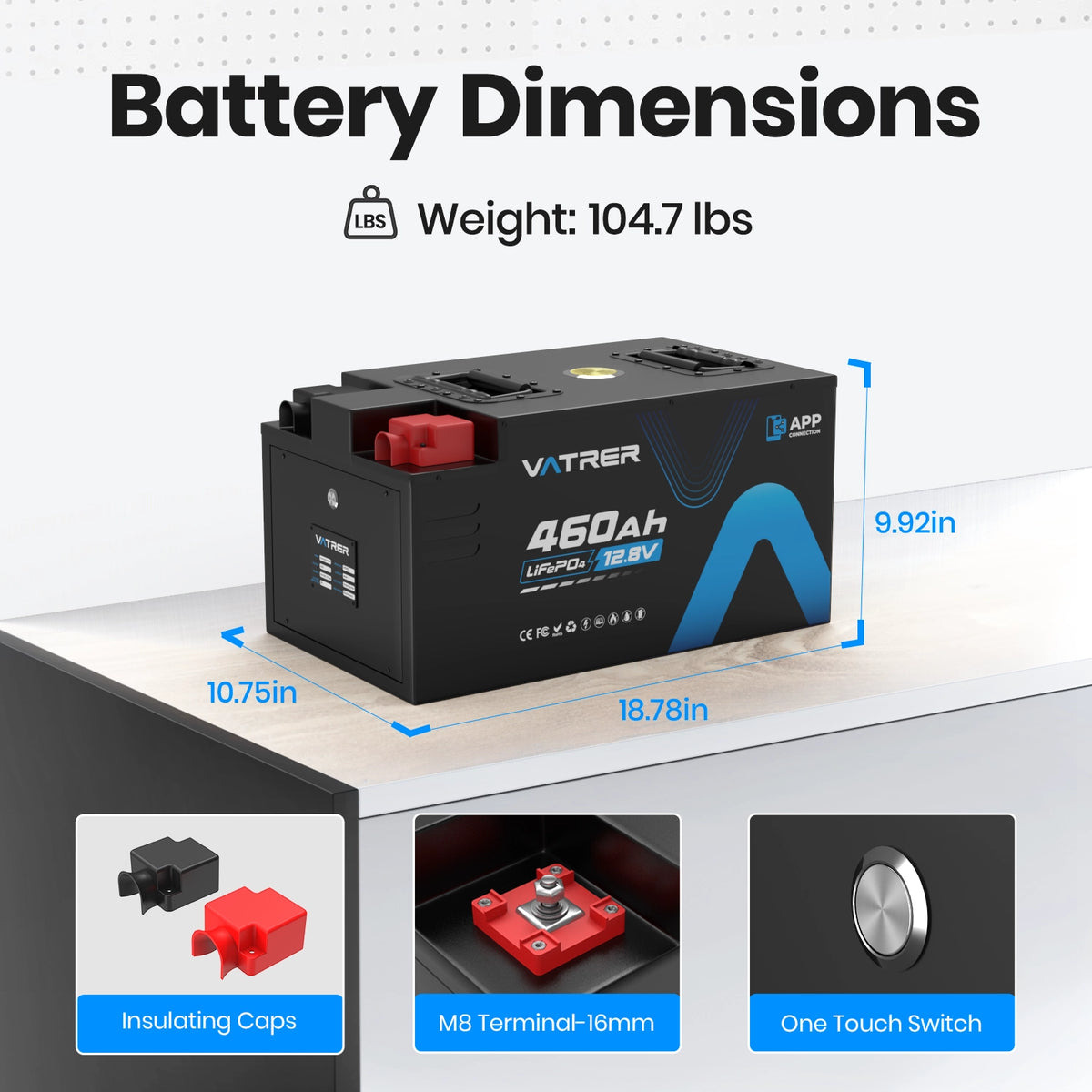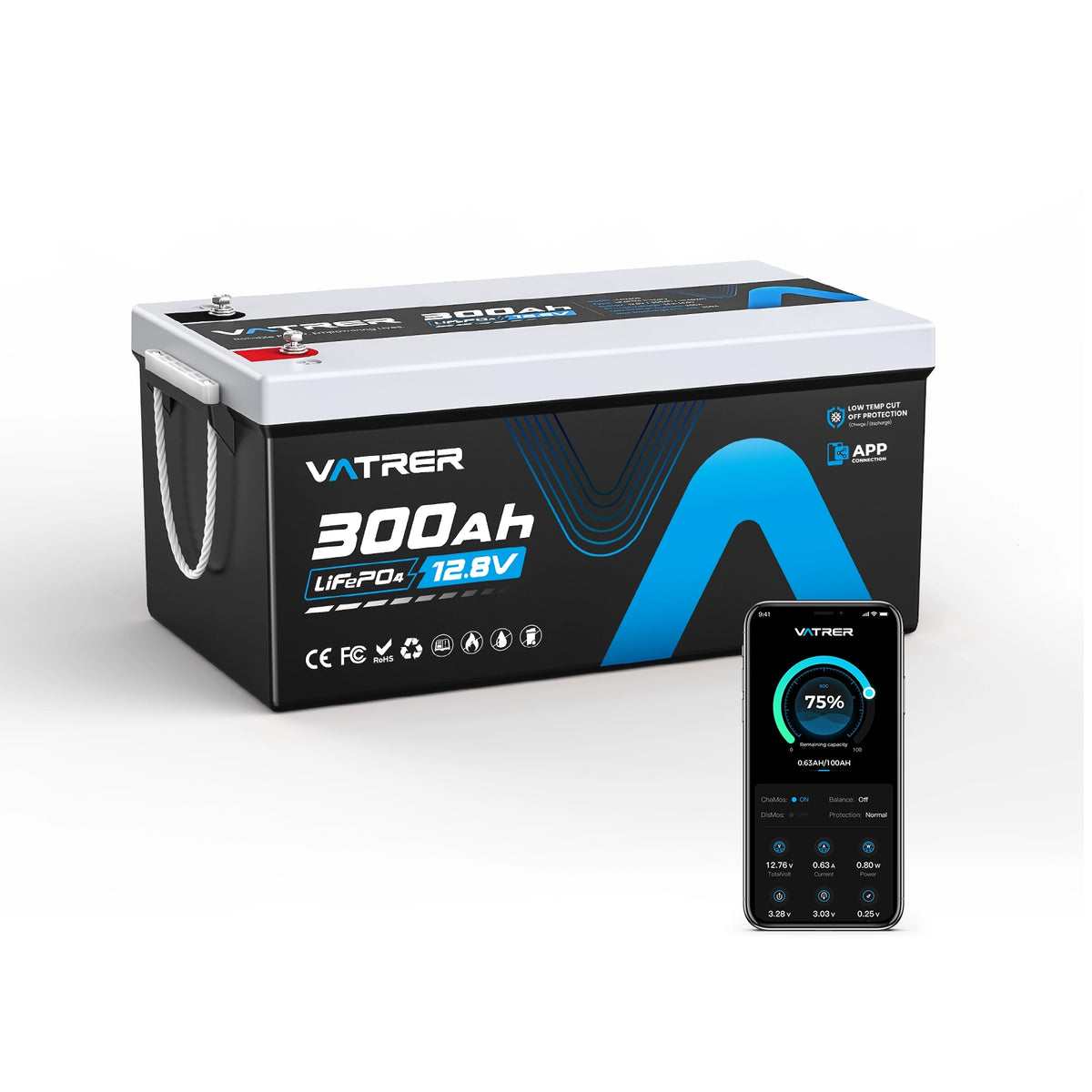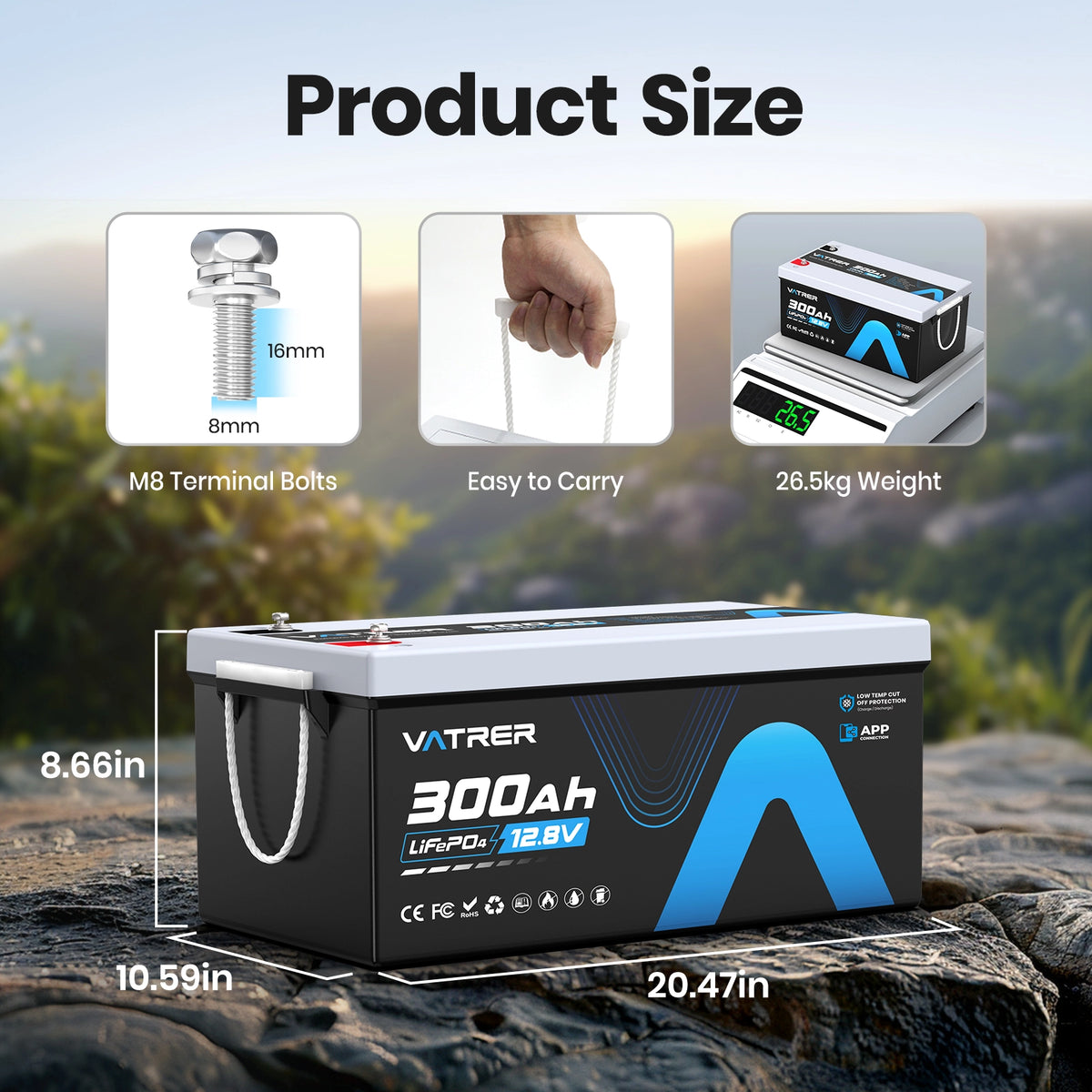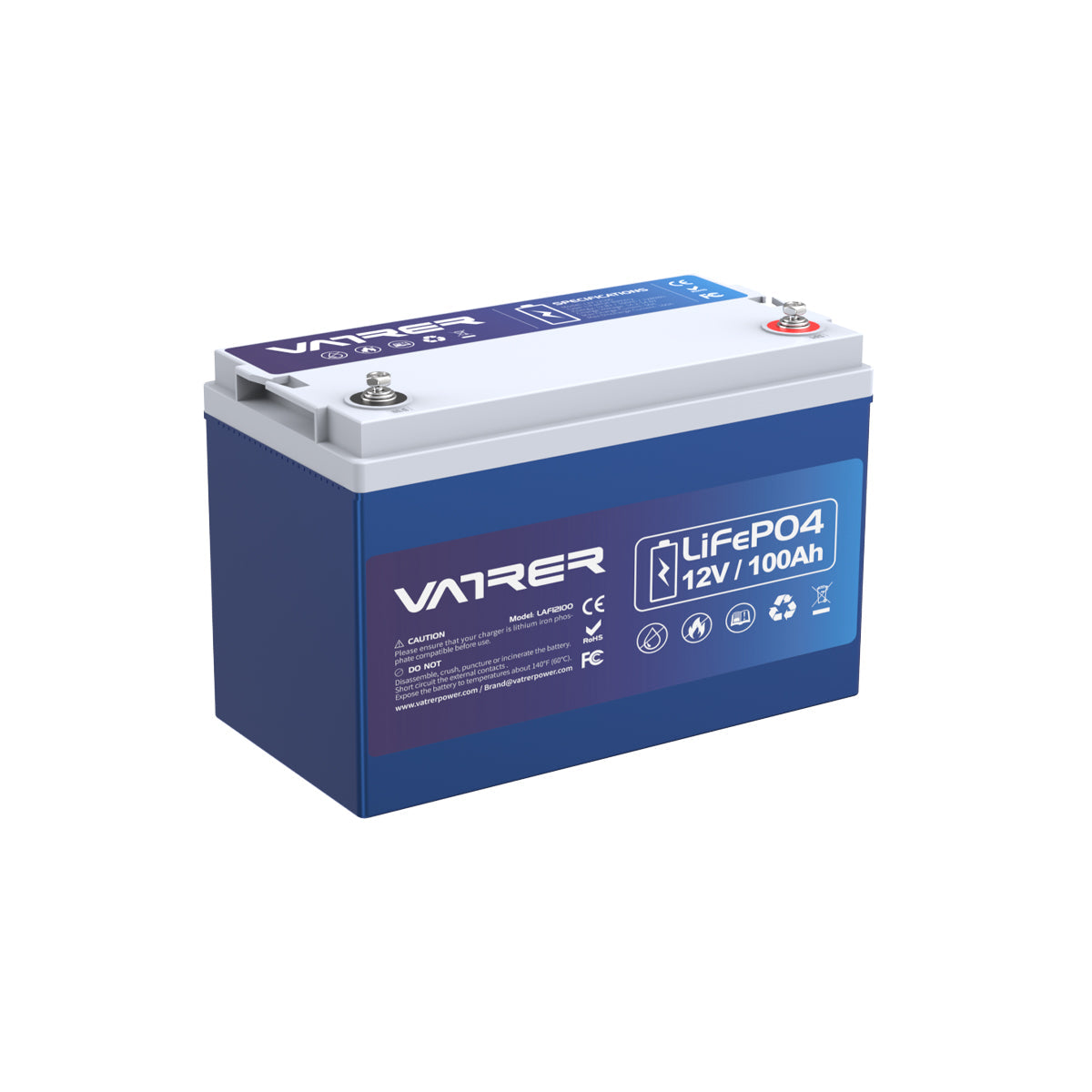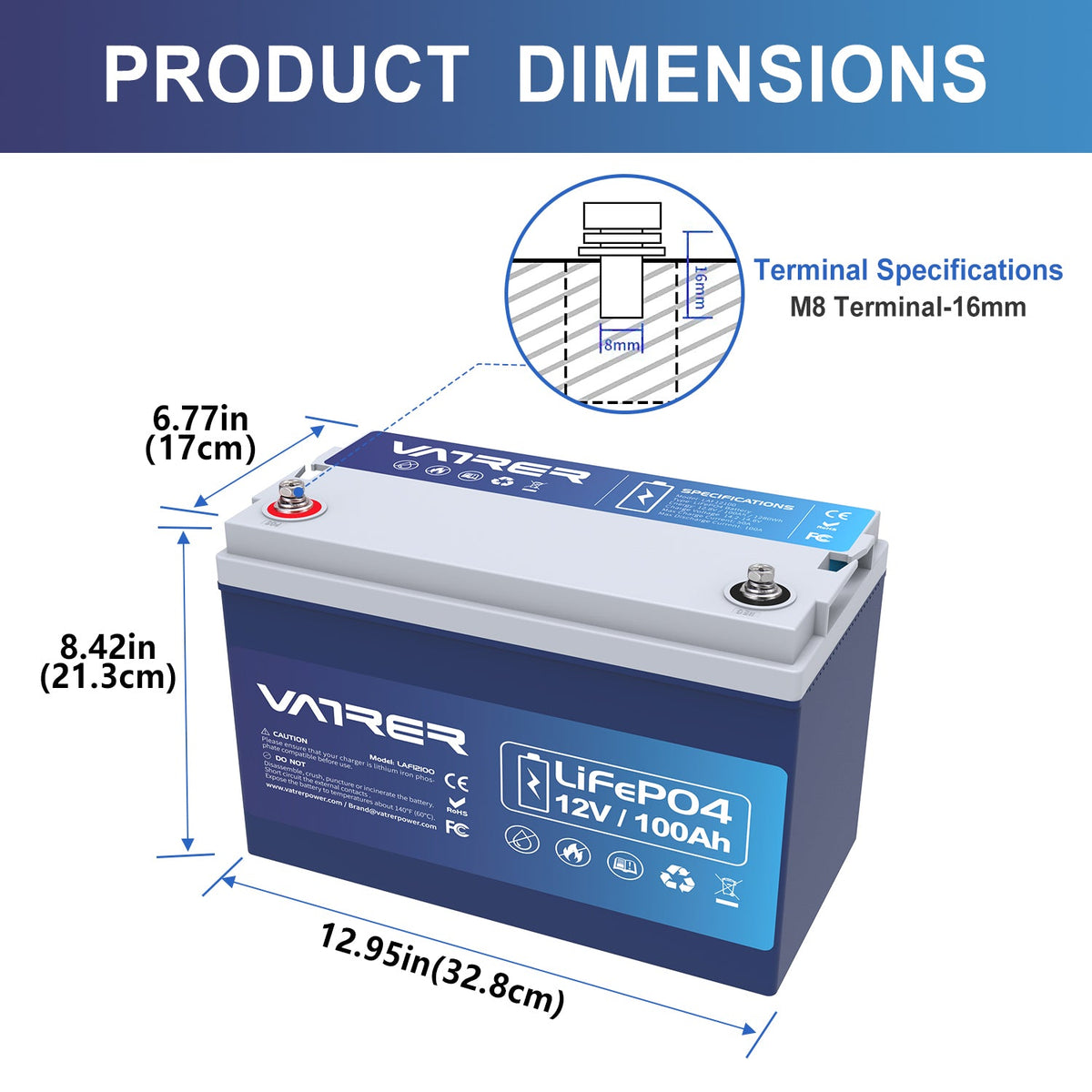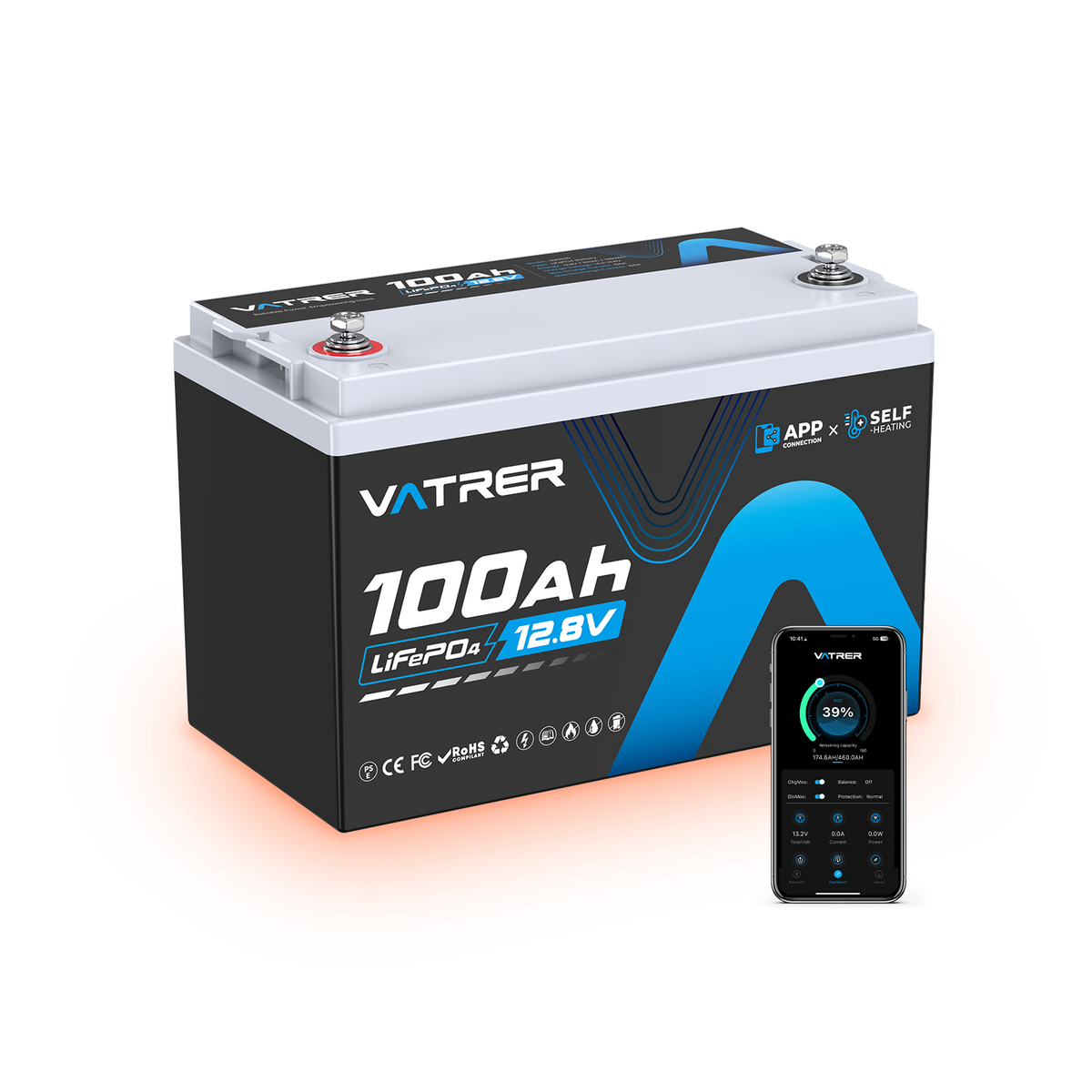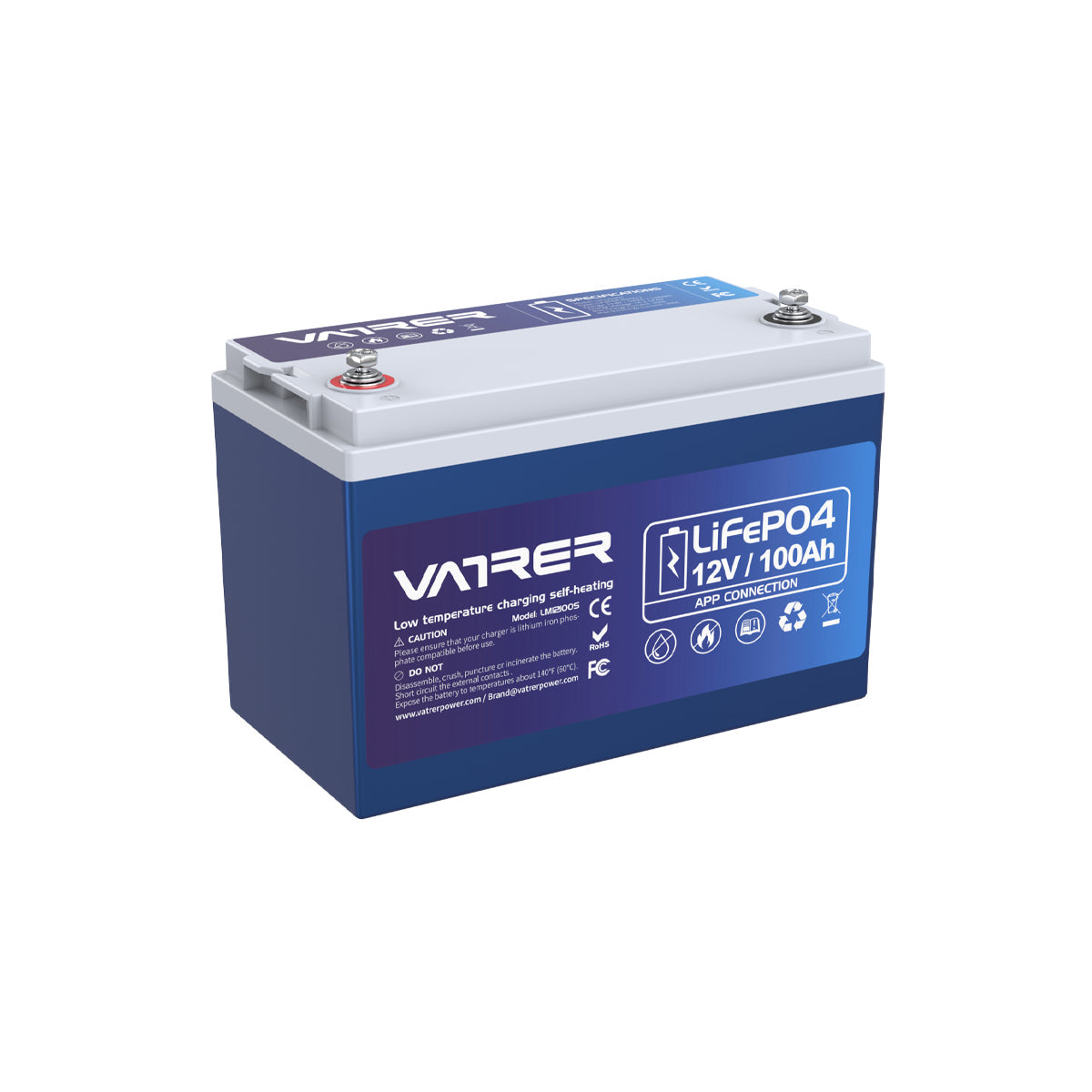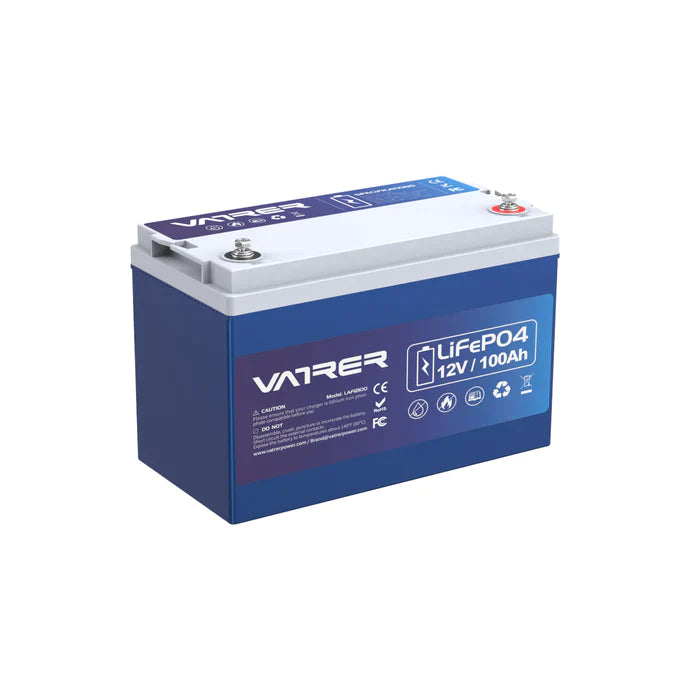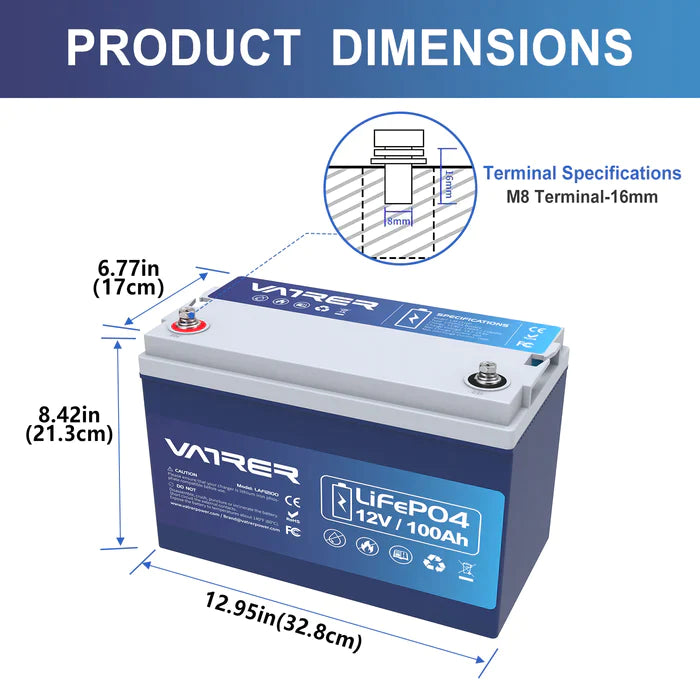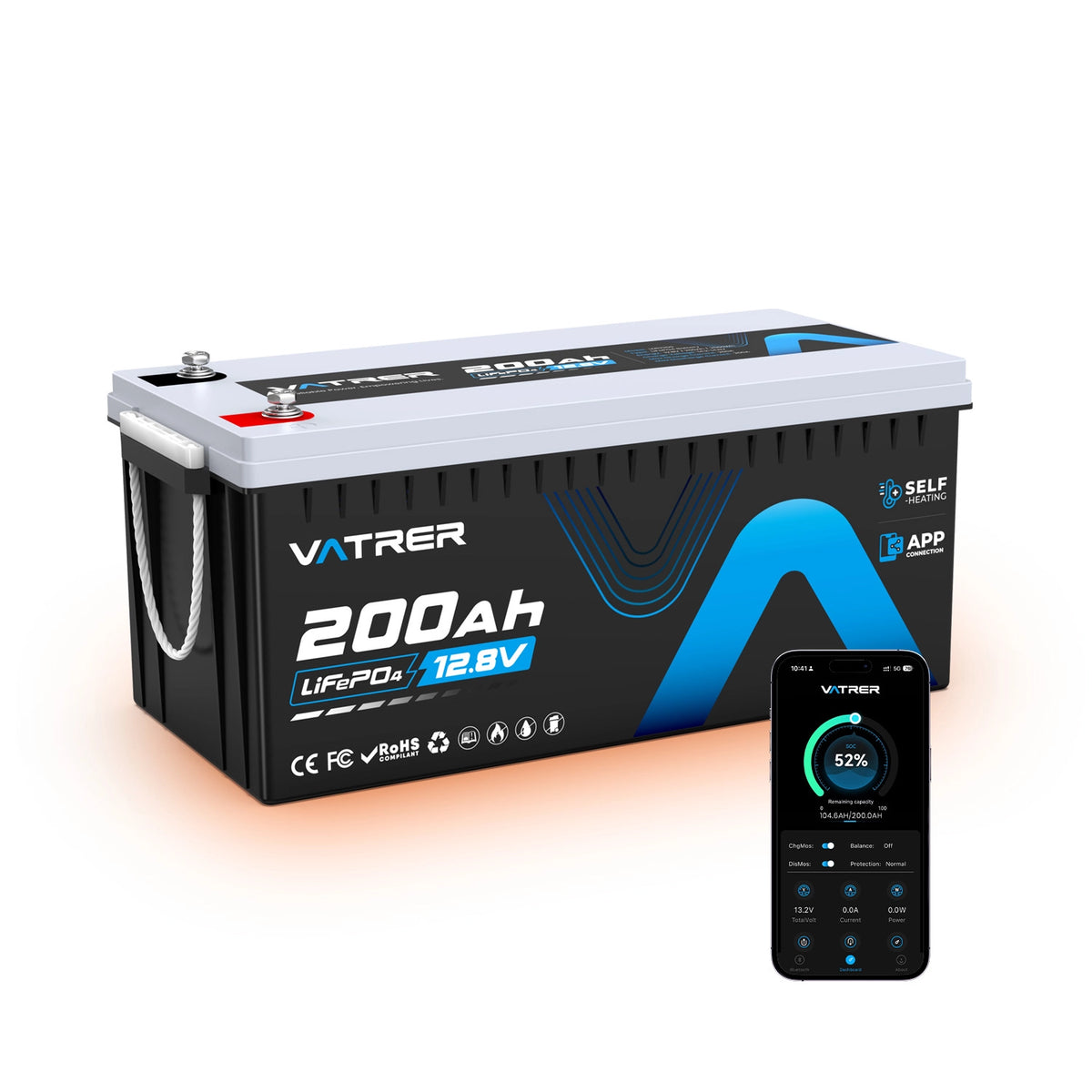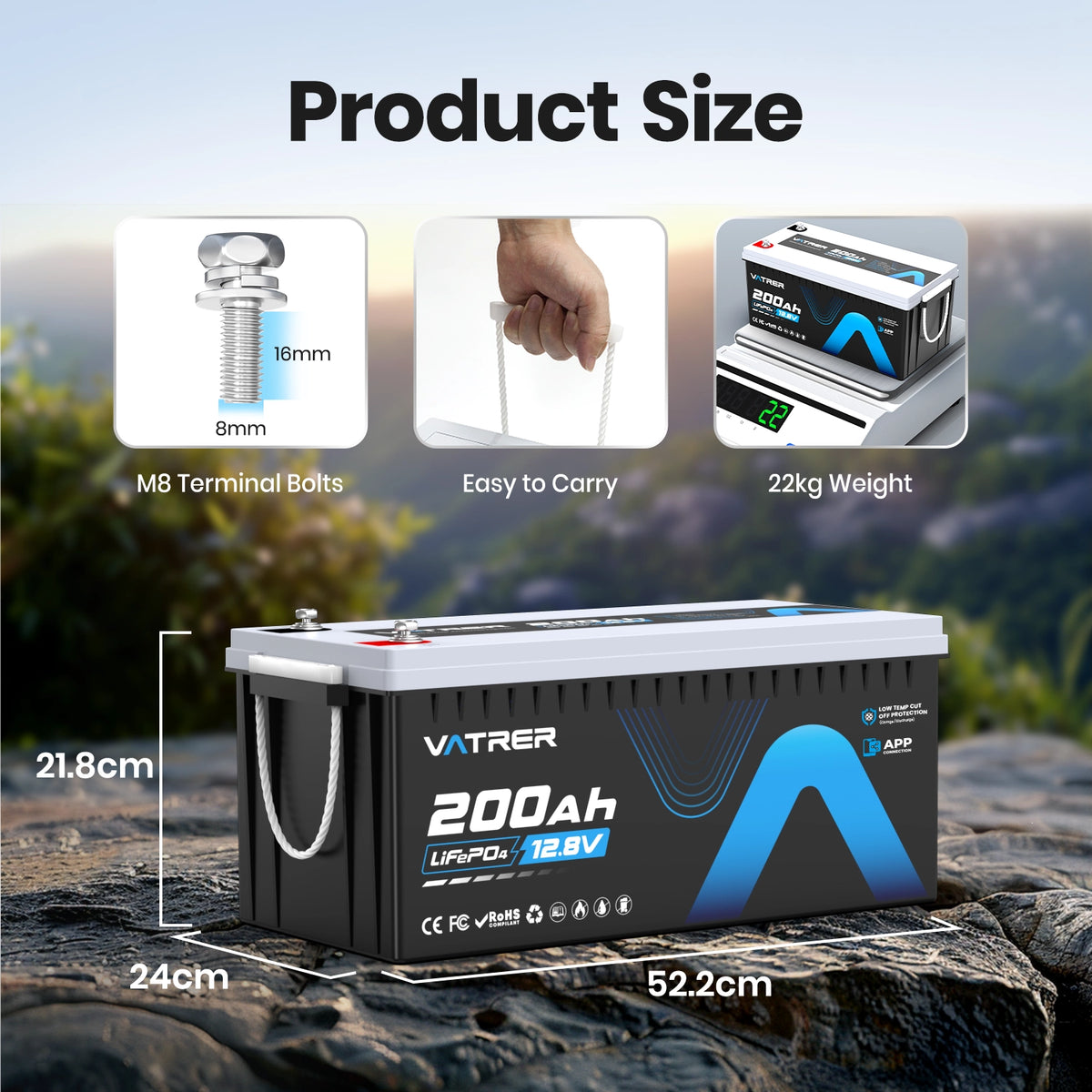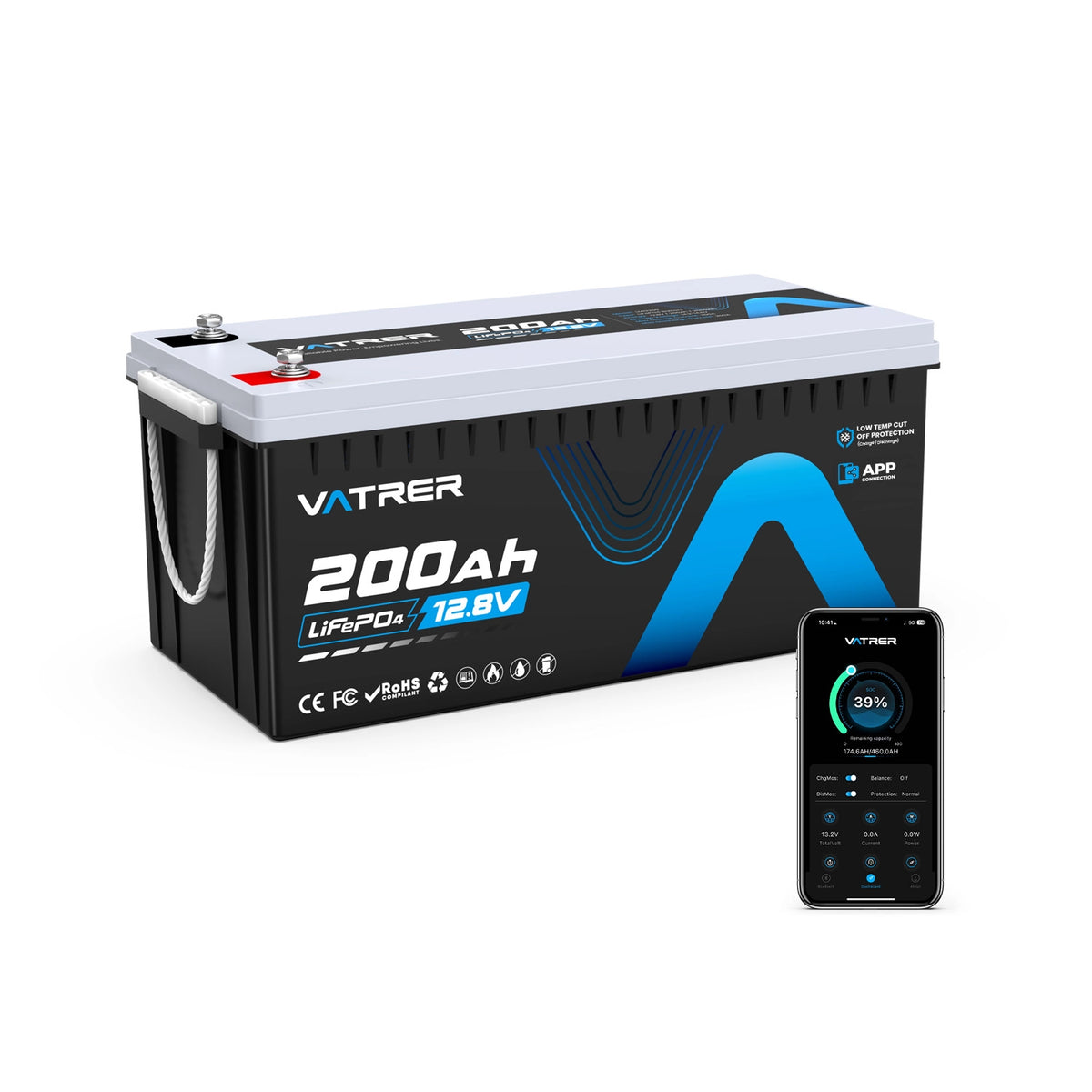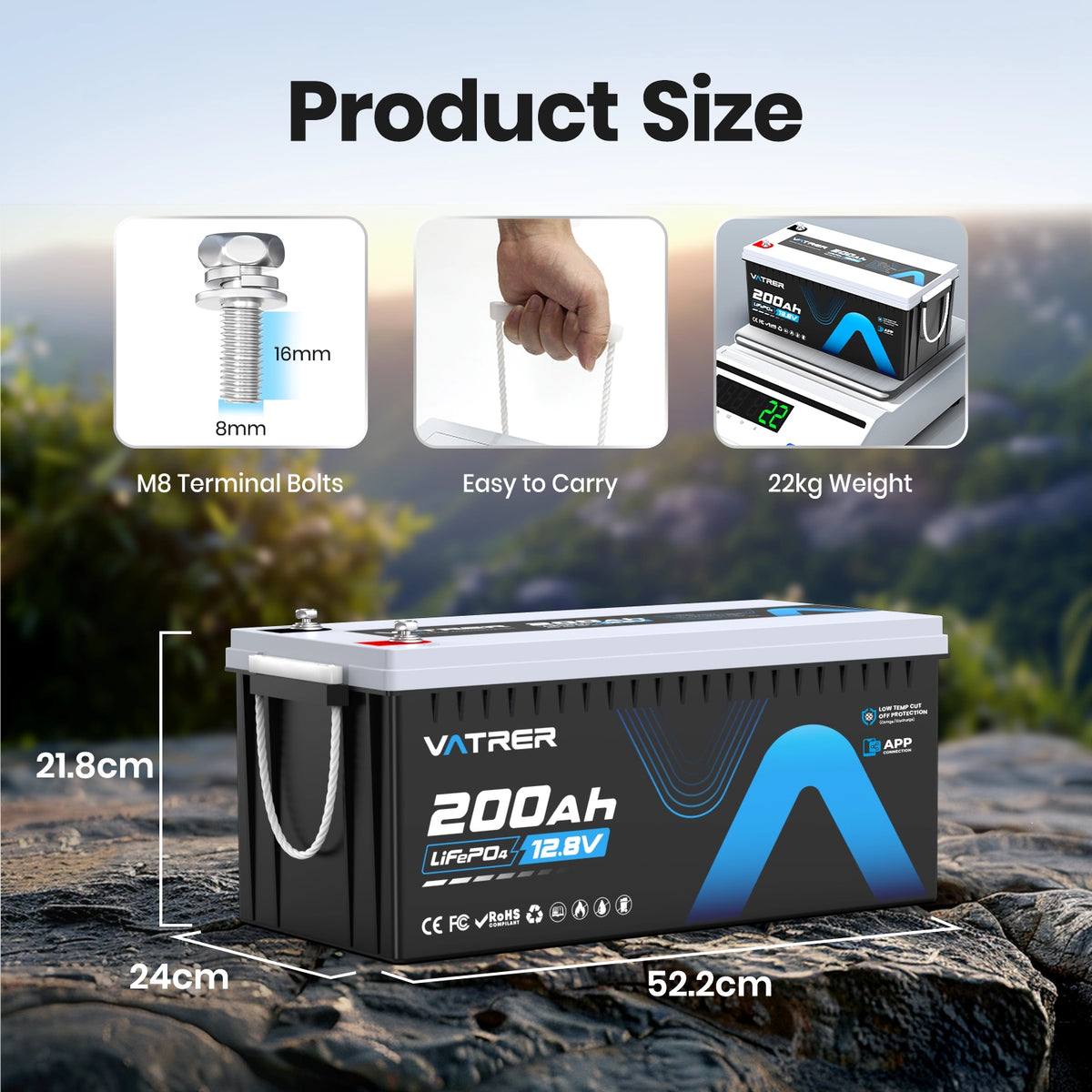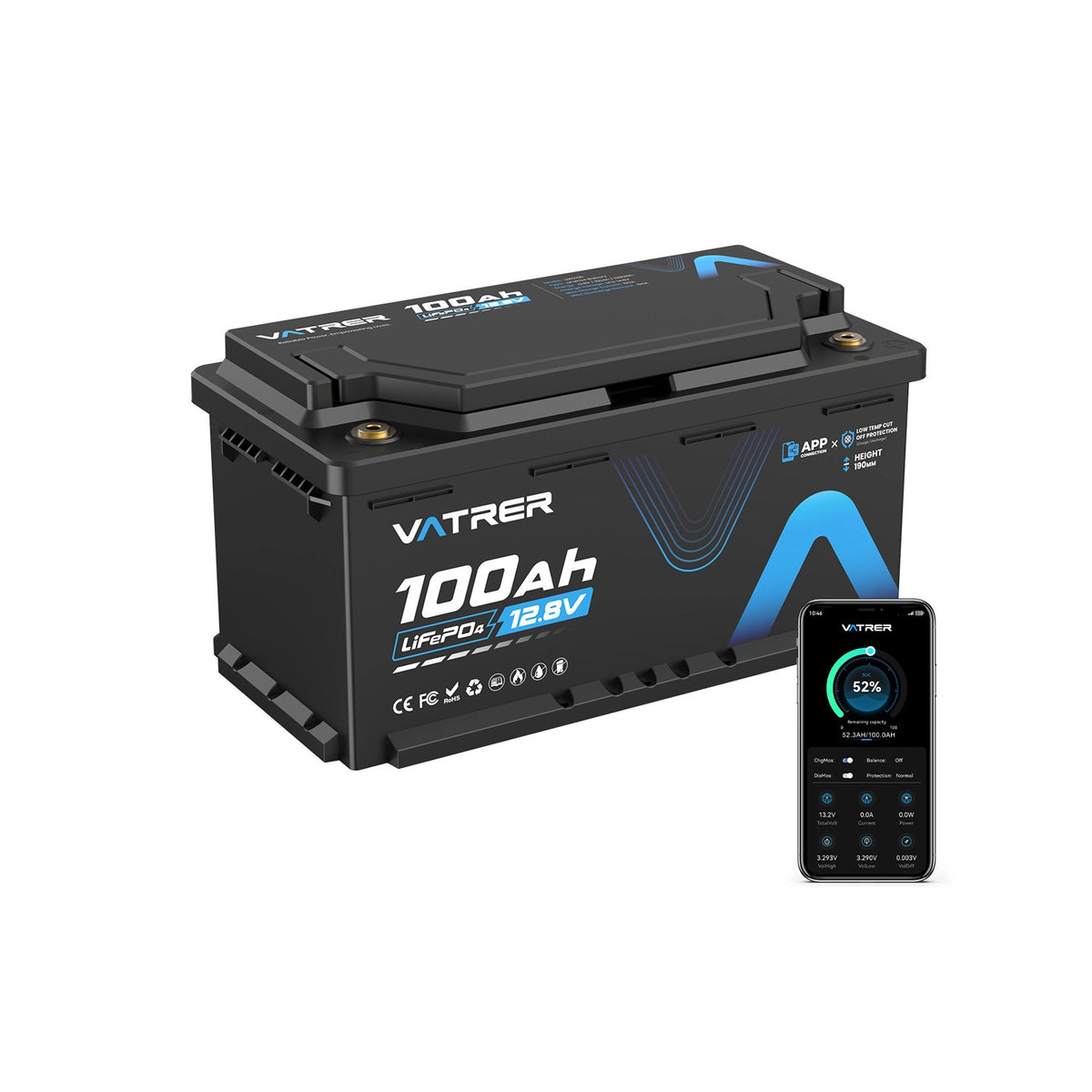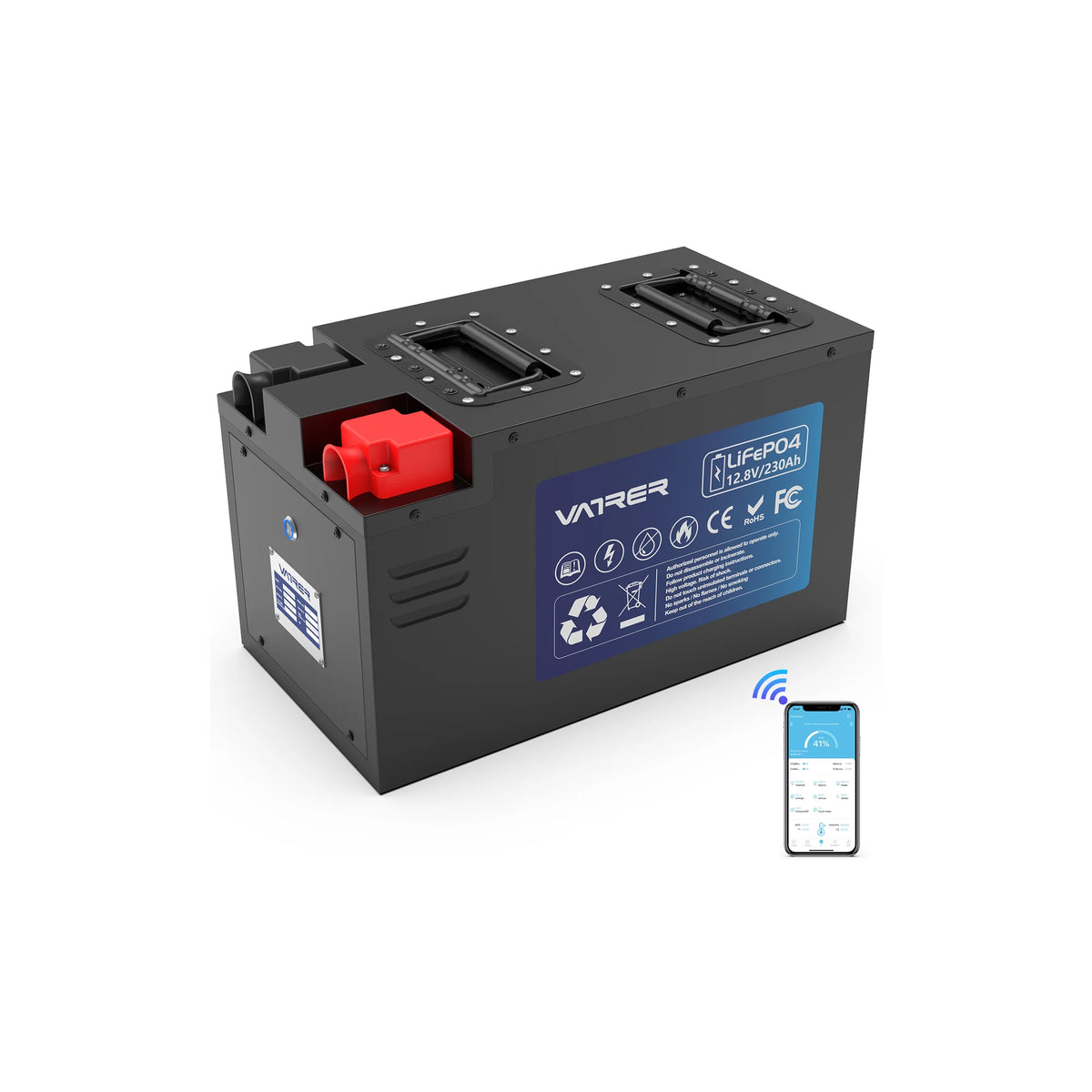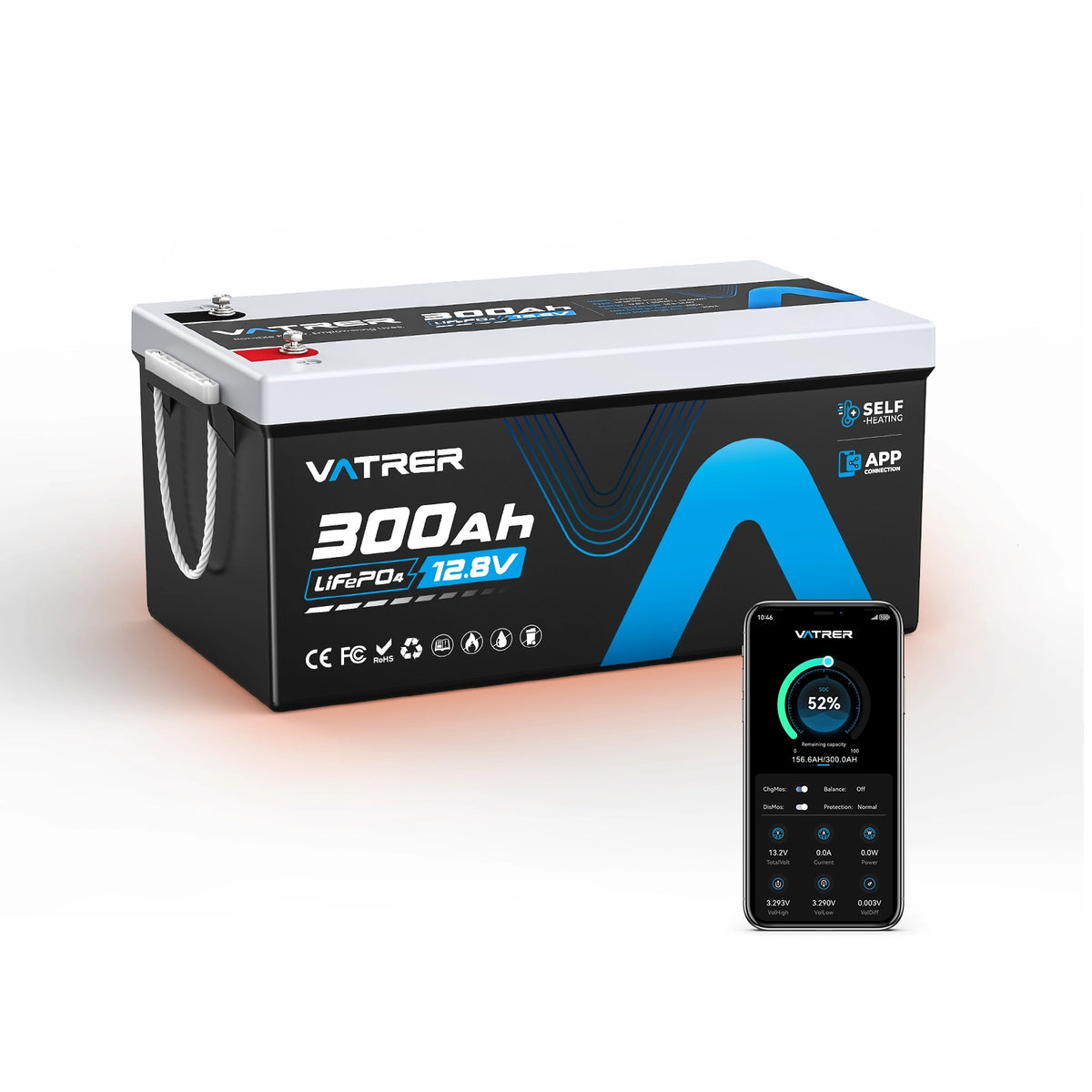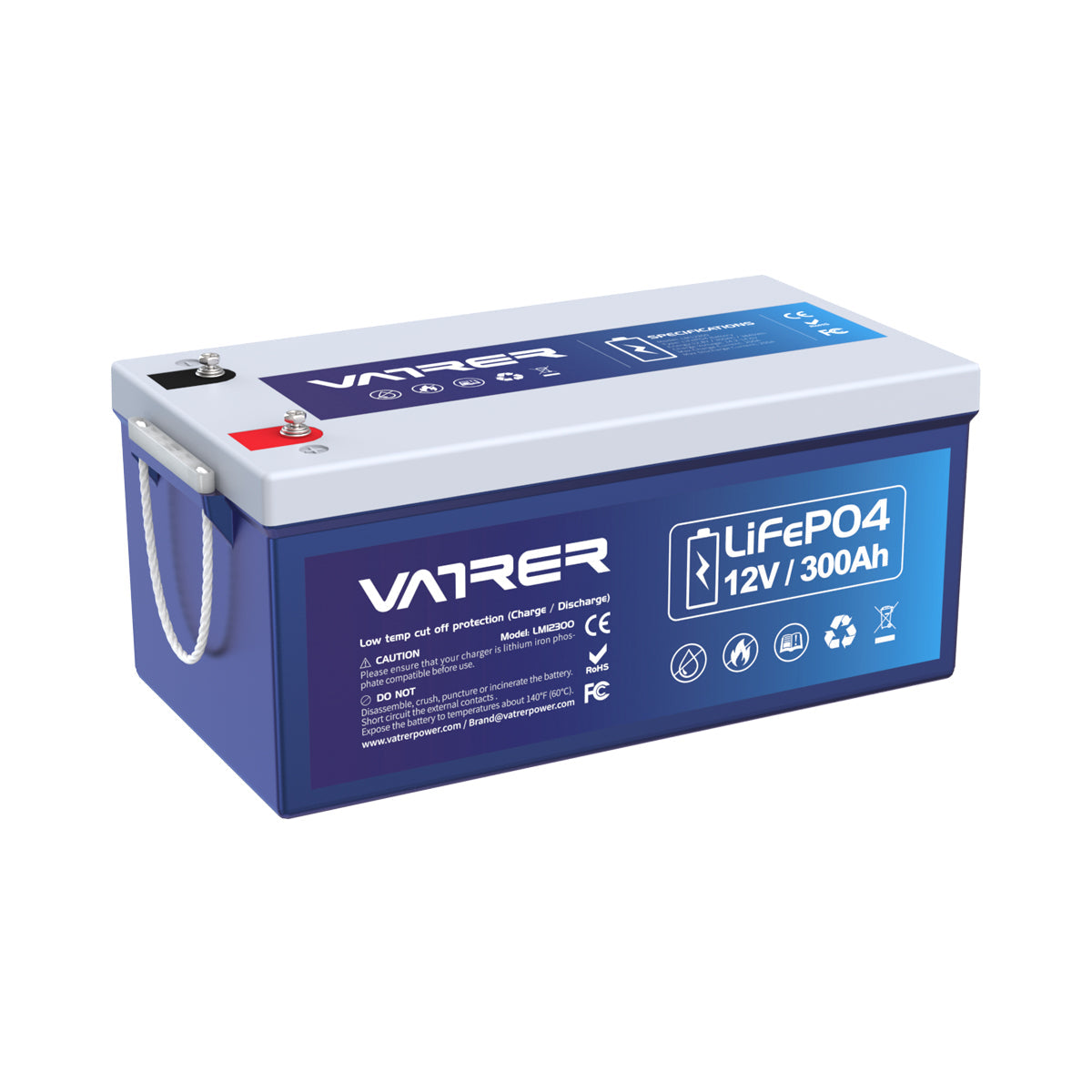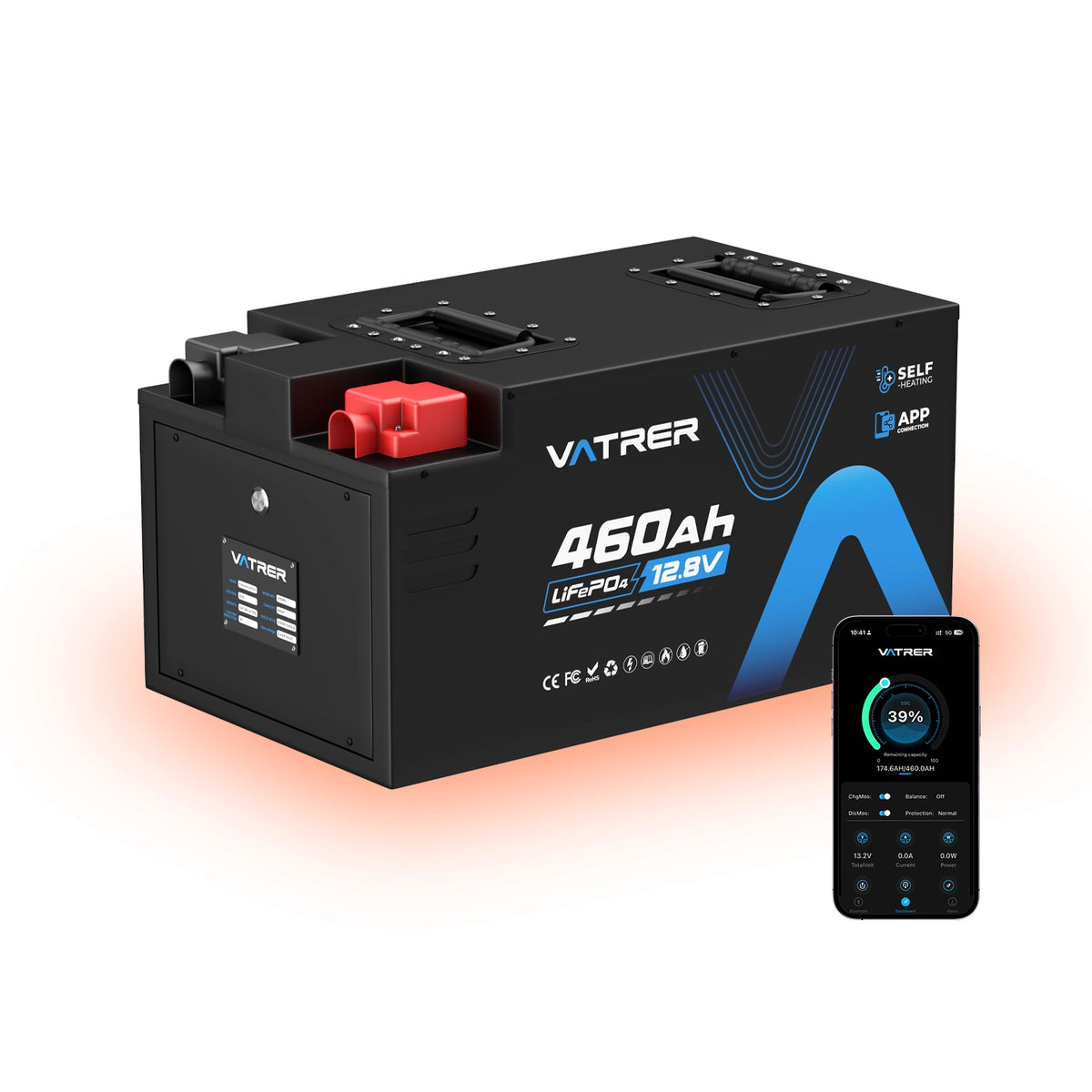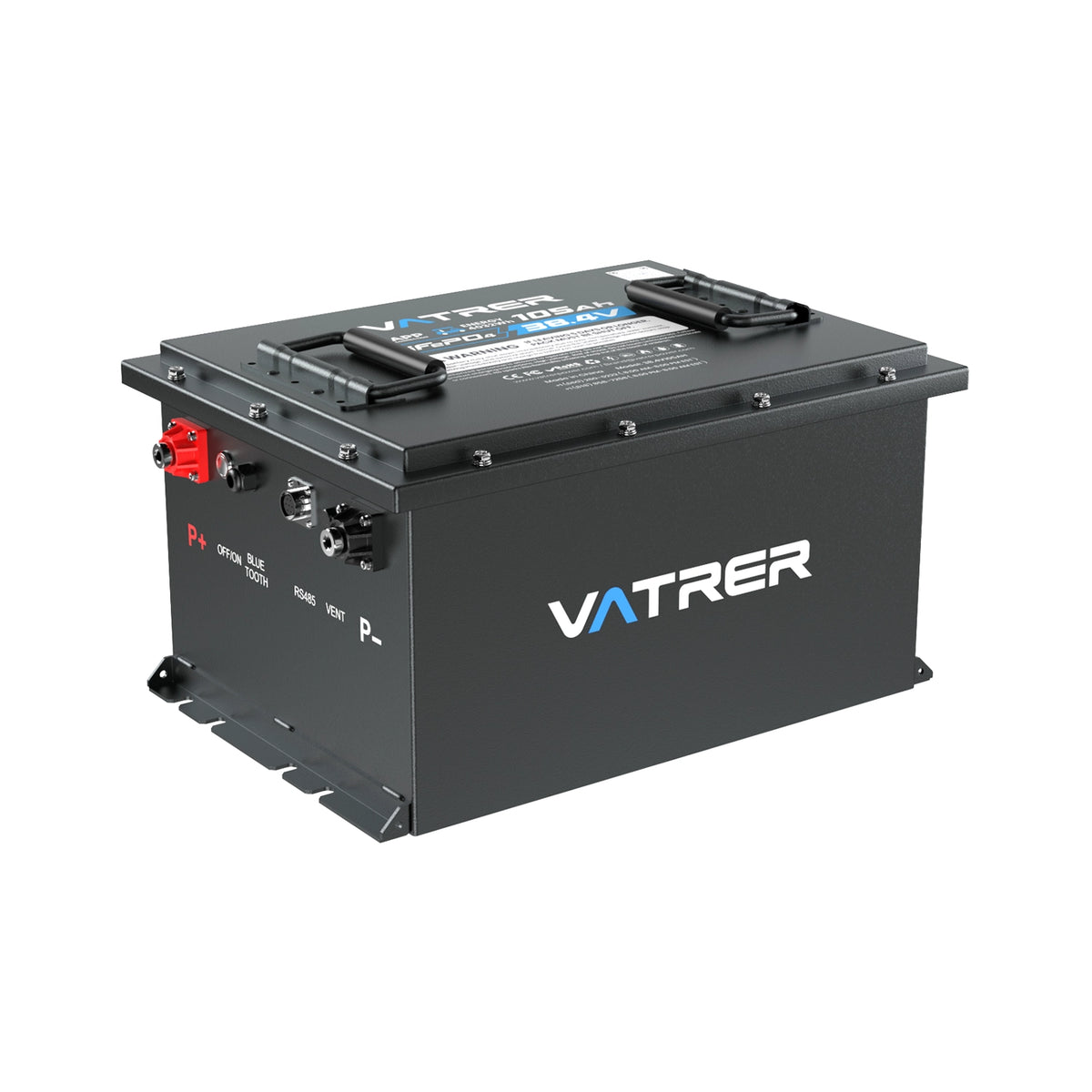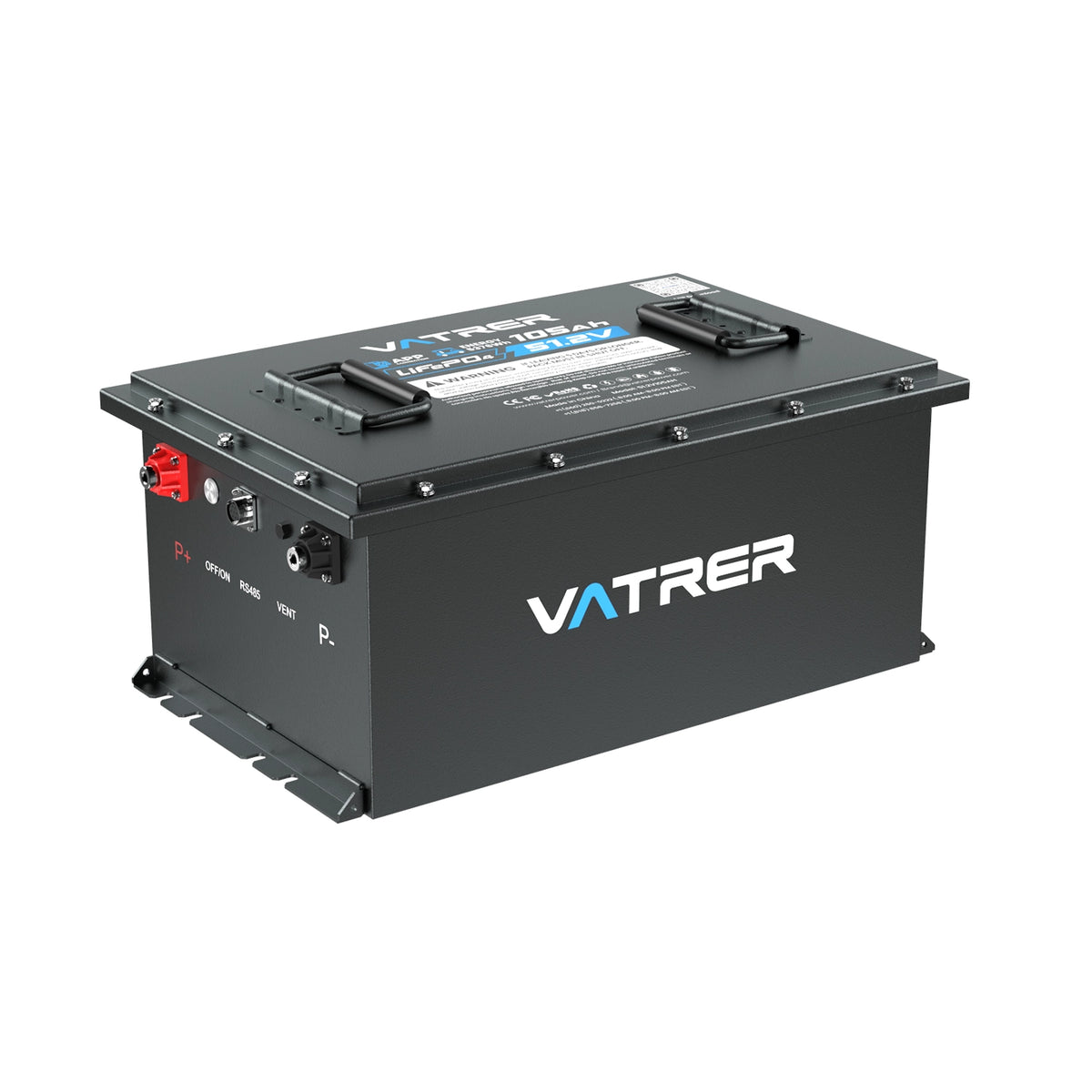Table of Contents
- Introduction
- What is a Marine Radio?
- Understanding Deep Cycle Batteries
- Advantages of Using Deep Cycle Batteries for Marine Radios
- Considerations Before Using Deep Cycle Batteries
- Best Practices for Using Deep Cycle Batteries with Marine Radios
- Alternative Battery Options for Marine Radios
- Real-life Scenarios and User Experiences
- FAQs About Marine Radios and Deep Cycle Batteries
- Can a deep cycle battery power a marine radio all day?
- How long does a deep cycle battery last when running a marine radio?
- Are lithium batteries better than deep cycle batteries for marine radios?
- What size deep cycle battery do I need for my marine radio?
- How do I maintain my deep cycle battery for optimal performance?
- Can a marine radio be powered by a regular car battery?
- What are the signs that my deep cycle battery is failing?
- How do I safely connect a deep cycle battery to my marine radio?
- What is the best way to store a deep cycle battery during the off-season?
- Should I use a battery charger specifically designed for deep cycle batteries?
Introduction
Marine radios are indispensable tools for boaters, offering safety and communication in the vast waters. However, the power source you choose can significantly affect their performance. This article delves into whether a deep cycle battery is the right choice for running a marine radio, exploring its pros, cons, and best practices.
What is a Marine Radio?
Marine radios are specialized communication devices designed for use at sea. They operate on specific frequencies to ensure reliable communication between vessels and with shore stations.
-
Types of Marine Radios:
- VHF Radios: Most common, ideal for short-range communication.
- HF Radios: Best for long-distance communication.
- DSC (Digital Selective Calling): Provides an emergency calling feature.
Figure 1.1 Overview of Marine Radio Types:

Understanding Deep Cycle Batteries
Deep cycle batteries are designed to provide sustained power over extended periods. Unlike regular batteries that deliver short bursts of energy, deep cycle batteries can be discharged and recharged repeatedly without damaging their lifespan.
-
Characteristics:
- Capacity: Measured in Amp-hours (Ah).
- Durability: Built to withstand deep discharges.
Figure 2.1 Deep Cycle Battery Characteristics:

Advantages of Using Deep Cycle Batteries for Marine Radios
Using a deep cycle battery to power your marine radio comes with several advantages:
-
Extended Operation: Capable of running for hours, even days, depending on capacity.
-
Robustness: Designed to handle the rigors of marine environments.
-
Cost-Effective: Long lifespan reduces the need for frequent replacements.
Figure 3.1 Benefits of Deep Cycle Batteries:

Considerations Before Using Deep Cycle Batteries
While deep cycle batteries have many benefits, there are crucial considerations to keep in mind:
- Capacity Requirements: Ensure the battery capacity matches the radio's power demands.
- Compatibility: Check if your marine radio is designed to work with deep cycle batteries.
Figure 4.1 Capacity Requirements:

Best Practices for Using Deep Cycle Batteries with Marine Radios
To maximize the performance of your setup:
- Regular Maintenance: Keep terminals clean and check for corrosion.
- Safety Precautions: Use fuses to prevent electrical issues.
Figure 5.1 Maintenance Tips:

Alternative Battery Options for Marine Radios
While deep cycle batteries are popular, consider these alternatives:
- Lithium Batteries: Lightweight and offer higher performance but come at a premium price.
- AGM Batteries: Similar to deep cycle batteries but require less maintenance.
Figure 6.1 Alternative Battery Types:

Real-life Scenarios and User Experiences
Many boaters have successfully used deep cycle batteries for their marine radios. Here are a few testimonials:
- "My deep cycle battery lasted the entire week without needing a recharge!" - Sarah, avid boater.
- "I had no issues with performance despite rough weather." - John, commercial fisherman.
Figure 7.1 User Experiences:

FAQs About Marine Radios and Deep Cycle Batteries
-
Can a deep cycle battery power a marine radio all day?
- Yes, depending on the battery size and radio power requirements.
-
How long does a deep cycle battery last when running a marine radio?
- Typically, it can last several hours to a couple of days.
-
Are lithium batteries better than deep cycle batteries for marine radios?
- Lithium batteries offer better performance but at a higher cost.
-
What size deep cycle battery do I need for my marine radio?
- It depends on the radio's wattage and desired operating time.
-
How do I maintain my deep cycle battery for optimal performance?
- Regularly check for corrosion, keep it charged, and store it properly.
-
Can a marine radio be powered by a regular car battery?
- Yes, but deep cycle batteries are more suitable for prolonged use.
-
What are the signs that my deep cycle battery is failing?
- Reduced performance, inability to hold a charge, or physical damage.
-
How do I safely connect a deep cycle battery to my marine radio?
- Follow manufacturer guidelines and use appropriate connectors.
-
What is the best way to store a deep cycle battery during the off-season?
- Store it in a cool, dry place, fully charged, and periodically check the charge level.
-
Should I use a battery charger specifically designed for deep cycle batteries?
- Absolutely! Using a charger designed for deep cycle batteries ensures proper maintenance and longevity.






